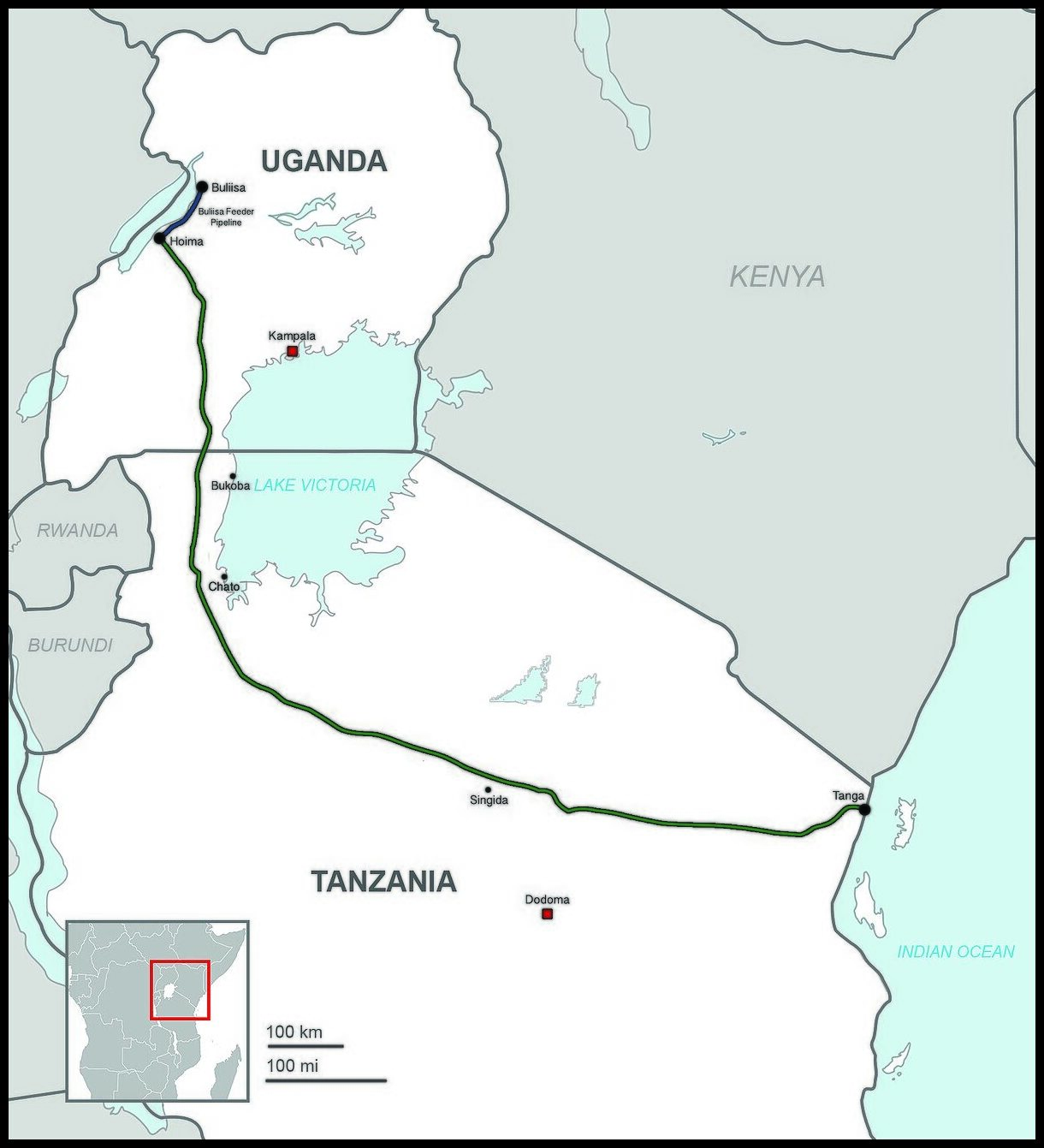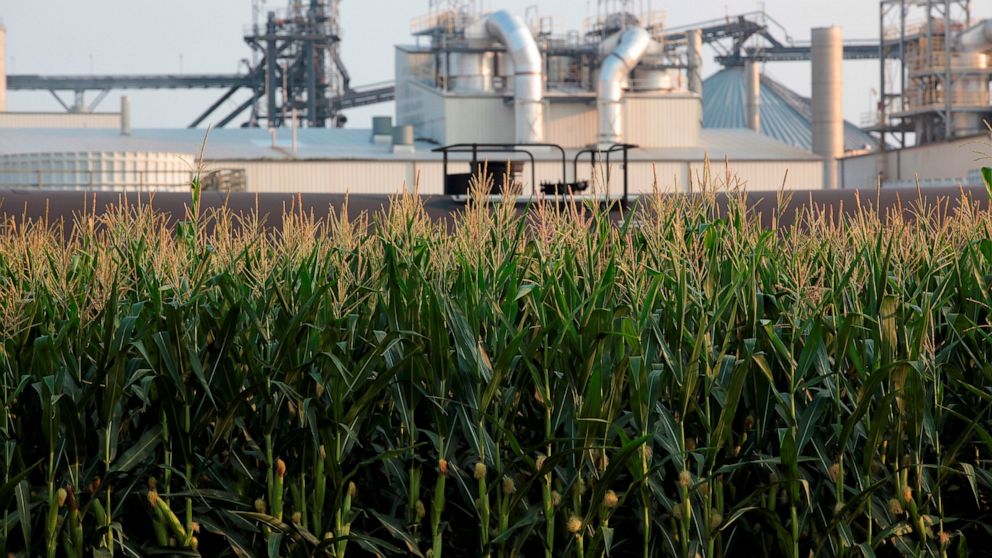Lawmakers at the European Parliament approved a measure to support the ban on sales of petrol and diesel cars by the year 2035 as the bloc doubles down on its green agenda.
Convening in the French city of Strasbourg on Wednesday, MEPs passed a measure that would require automakers to cut carbon emissions by 100 per cent by 2035, effectively prohibiting the future sale of new combustion engine cars across the 27 member states.
The legislation would also ban the sale of hybrid vehicles, which still use some gas, after a measure to protect them from the centre-right European People’s Party was struck down. The EPP also failed to pass an amendment to take the total carbon emissions involved in the production of a vehicle into account, Euractiv
reported.
Hailing the vote, the EU’s environmental committee chair Pascal Canfin wrote: “This position of the European Parliament is an important victory and consistent with our objective of climate neutrality.”
Estimates from the European Automobile Manufacturers’ Association state that currently only 18 per cent of cars driven in the EU last year were either electric or hybrids, meaning that the people of Europe will have to radically change their driving preferences over the next decade to conform with the proclivities of left-wing lawmakers.
French MEP Agnes Evren of the European People’s Party said that the move would “condemn industrial activity and strongly penalise consumers”.
Evren argued that the legislation would prevent electric car alternatives, such as high-performance hybrids and those that use biofuels from coming to market, despite their potential to be even more climate-friendly than electric cars, which often still require energy produced from coal or natural gas to run.
Indeed, many have criticised the effectiveness of electric cars, which also require vast amounts of energy to produce including the extraction of rare earth minerals for their batteries, in actually reducing carbon emissions.
The director of the Copenhagen Consensus Center and author of The Skeptical Environmentalist, Bjørn Lomborg has previously
argued that while electric cars are “branded as environmentally friendly,” the reality is that “generating the electricity they require almost always involves burning fossil fuels.”
The former director of the Danish government’s Environmental Assessment Institute also noted that the massive energy needed to produce the batteries for electric cars means that they start “saving emissions only after being driven 60,000 kilometres.”
Despite the cost and the limitations of electric cars, they have become a cause de jour of globalist politicians in the West. In 2020, British Prime Minister Boris Johnson
announced under his Build Back Better agenda that the UK would seek a similar ban on combustion engines by the year 2030, earmarking £2.8 billion in taxpayer money to subsidise the electric car industry.
During the same year, left-wing Democrat governor of California Gavin Newsom also
banned gas-powered vehicle sales in the state by the year 2025.
Amid the growing fuel crisis in the United States following a swath of anti-fossil fuel measures implemented by President Joe Biden and the supply chain shocks of lockdown policies and the war in Ukraine, the ageing Democrat president has
urged Americans to switch to electric cars to avoid high gas prices at the pump.
Widespread adoption of electric cars continues to be limited due to long waiting lists for popular options like Tesla, the limited range of batteries, the lack of charging point stations, as well as prohibitively high costs for many average people.










